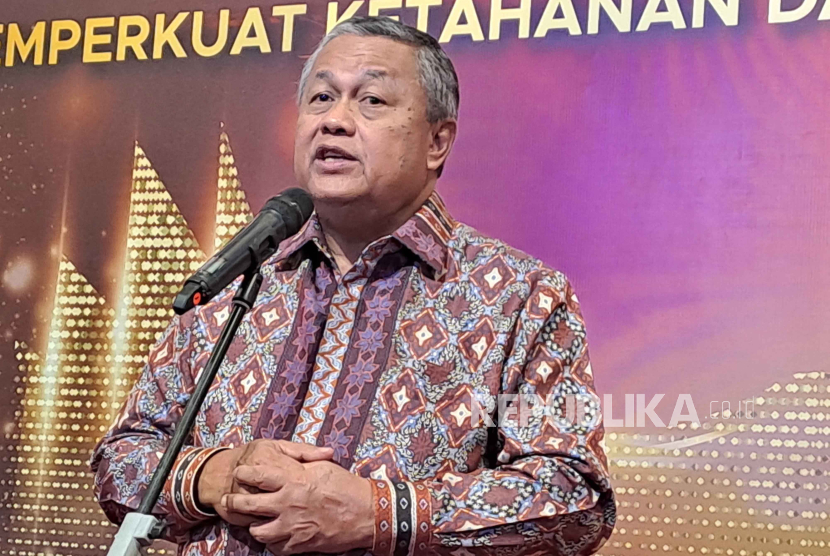REPUBLIKA.CO.ID, JAKARTA — Bank Indonesia (BI) and the Central Bank of the United Arab Emirates (CBUAE) agreed to expand cooperation between the two central banks. The expansion of the cooperation was outlined in the Memorandum of Understanding signed by Bank Indonesia Governor Perry Warjiyo and CBUAE Governor Khaled Mohamed Balama on 29 November 2023.
“The cooperation of the two central banks was an important part of the achievement of the meeting between the President of the Republic of Indonesia, Joko Widodo, and the President of the United Arab Emirates (UAE) Sheikh Mohamed bin Zayed Al Nahyan on December 1, 2023 on the sidelines of COP 28 in Dubai, UAE,” BI Governor Perry Warjiyo said in a written statement on Saturday (2/12/2023).
He explained that the memorandum of understanding is an expansion of an agreement between BI and CBUAE in 2021 that focuses on cooperation in the field of payment systems and digital financial innovation. Through the 2023 Memorandum of Understanding, the two central banks commit to strengthening cooperation through a more structured and systematic framework in various areas of central banking. Such as monetary, macroprudential, financial stability, payment systems and digital financial innovation as well as various areas of Islamic economics and finance.
The Memorandum of Understanding also indicated the commitment of the two central banks in combating money laundering and terrorism financing, as well as meeting the recommendations of the Financial Action Task Force (FATF). “Implementation of cooperation will be implemented through policy dialogue, information exchange, technical cooperation, and capacity building,” Perry said.
Perry stressed that the Memorandum of Understanding with CBUAE is an important milestone in strengthening the relationship between BI and CBUAE as well as Indonesia and the United Arab Emirates. The expansion of cooperation confirms the two central banks' increasingly solid partnership.
The Memorandum of Understanding also attests to the contribution of the two central banks in combating money laundering activities and terrorism financing, as well as fulfilling FATF recommendations. “The good relationship between the two central banks will provide significant benefits to the economies of both countries,” Perry said.


